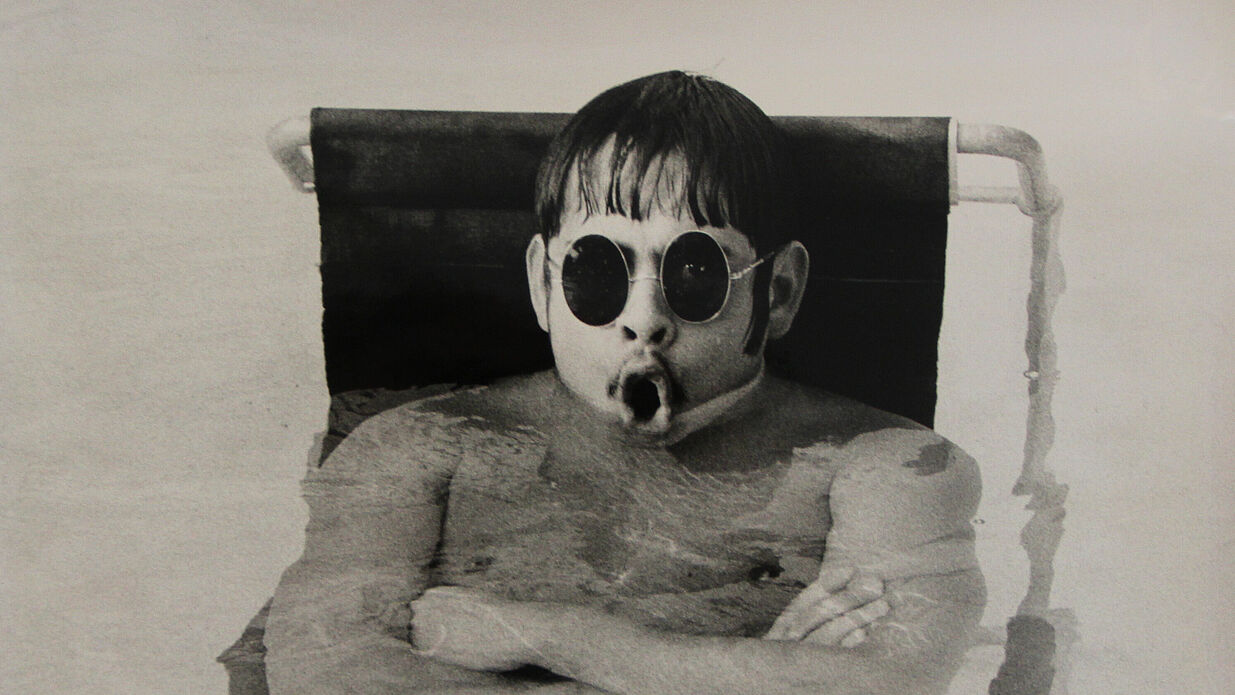Optical Literature
The Film Departement of the Literary Colloquium Berlin

June 2023 marks the 60th anniversary of the founding of the Literary Colloquium Berlin (LCB) and with it the project of a film department at the LCB. The focus was not on film adaptations of literature and the cinematic examination of texts, but rather on exploring the possibilities of film in terms of narration, image design and language. How could an "optical literature" succeed? Walter Höllerer, professor of literature studies at the Technical University and initiator of the LCB, propagated an expanded concept of literature that included the connections between literature and film. In Höllerer's view, the "time consciousness, world representation and world perspective" of modern literature and modern film were similar. The experimental filmmaker Wolfgang Ramsbott was entrusted with the management of the film department.
One reason for the founding of the film department at the LCB was the crisis of West German film in the early 1960s. Parts of the film world expected a renewal of German film to come from the signers of the Oberhausen Manifesto. Instead, the LCB set out with two short films that were promptly celebrated in Oberhausen in 1965 and proved to be groundbreaking: In-Side-Out was the film debut of American beat poet George Moorse, a wildly colorful pop poem, and Abends, wenn der Mond scheint ... a satirical "picture book" (Michael Töteberg) almost without words, jointly realized by writer Peter Rühmkorf and animated filmmaker Helmut Herbst.
Until the mid-1990s, very different films with and without literary references were made at the LCB; some for the cinema, some for television. The spectrum ranged from Moorse's zeitgeist-visionary Büchner adaptation Lenz (1971) to the anarchistic Berlin film Denkmalsforschung (1972) by Ramsbott and the writer Günter Bruno Fuchs; from the visual extravaganza of Kuckucksjahre (1967) to the participatory documentary Von wegen 'Schicksal' (1979) by Helga Reidemeister; from Helma Sanders-Brahms' global success Deutschland bleiche Mutter (1980) to the rarely shown 'Heimatfilm' Niemanns Zeit (1985).
The LCB produced feature films and documentaries on literary themes, experimental and political works of various forms and lengths, sometimes in direct collaboration between film artists and literary figures. From the mid-1970s onward, works by female filmmakers were also specifically promoted, a merit of production manager Ursula Ludwig.
To mark the anniversary, numerous LCB films archived at the Deutsche Kinemathek were digitally restored there. The new copies can now be seen for the first time in the film series Optical Literature curated by Frederik Lang. The film department of the Literarisches Colloquium Berlin, which is part of the research project organized in cooperation with the Cluster of Excellence 2020 "Temporal Communities. Doing Literature in a Global Perspective," which is part of the anniversary festival Assemblage Berlin. 60 Years of Literature Intermedial. Other events will take place at Bundesplatzkino and LCB. In the series Filmblatt-Schriften of CineGraph Babelsberg e. V. the accompanying publication Optische Literatur. Die Filmabteilung des Literarischen
Colloquiums Berlin.















